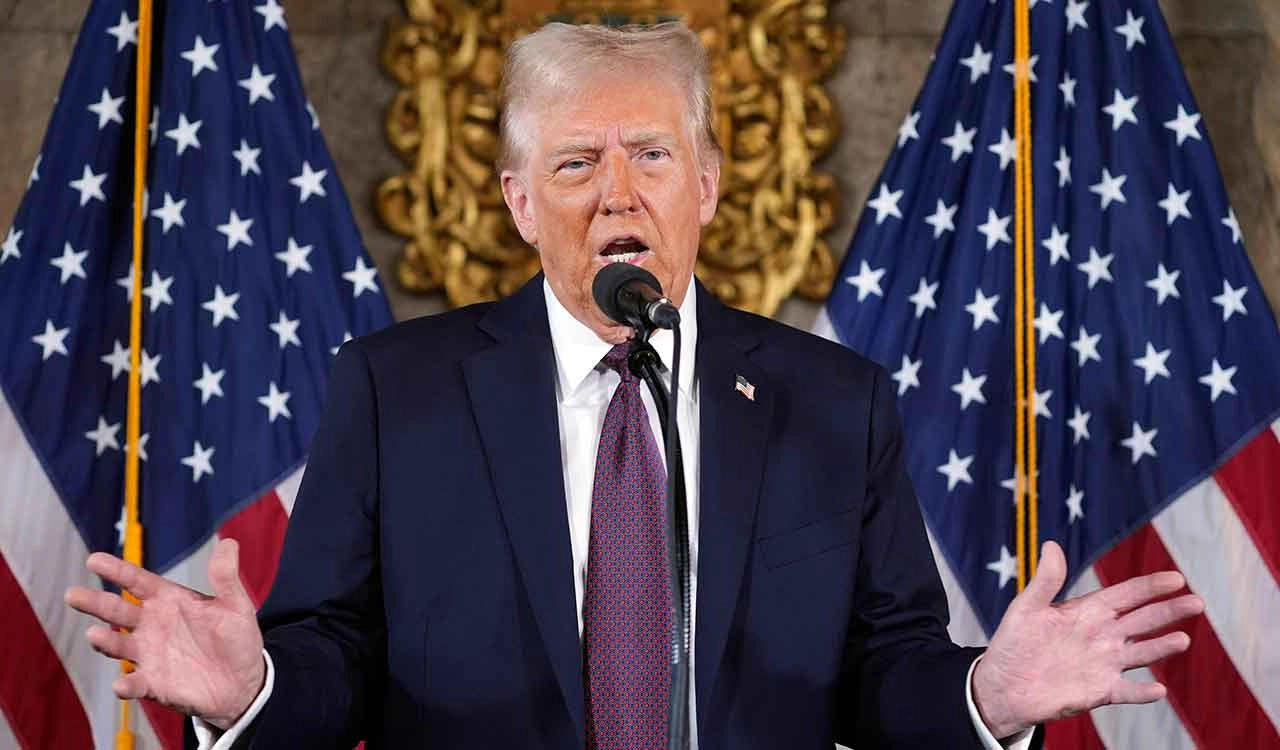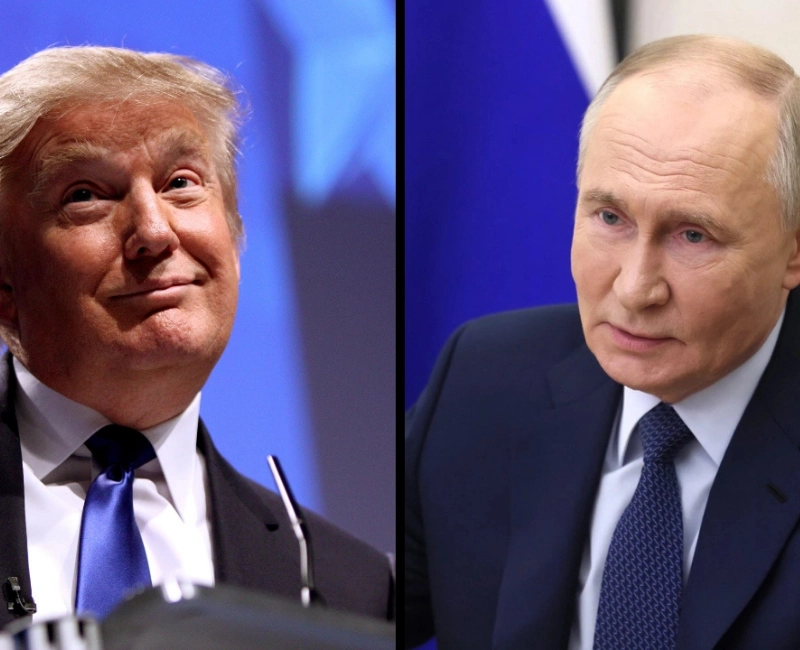What happens when economic policies become tools of geopolitical maneuvering? Why would a former U.S. president threaten Russia with tariffs, and how could this reshape international trade dynamics? These questions lie at the heart of Donald Trump's recent tariff ultimatum to Russia, a move that has sparked debates about economic warfare, diplomatic tensions, and global market stability.
The Context Behind Trump's Tariff Threat
Donald Trump, known for his aggressive trade policies during his presidency, has once again made headlines by threatening Russia with severe tariffs. This ultimatum comes amid ongoing geopolitical tensions between the U.S. and Russia, particularly concerning Ukraine, cybersecurity, and energy markets. Trump's approach reflects his long-standing belief in using economic leverage to achieve political and strategic goals.
A real-world parallel can be drawn to Trump's 2018 steel and aluminum tariffs, which targeted multiple countries, including allies. Those measures were justified under national security concerns, much like the current rhetoric surrounding Russia. The difference now is the explicit focus on a single geopolitical adversary, raising the stakes for both economies.
Economic Implications for Russia and Global Markets
If implemented, Trump's proposed tariffs could severely impact Russia's export-driven economy, particularly its energy and manufacturing sectors. Russia relies heavily on oil, gas, and metal exports, and restrictive tariffs could disrupt trade flows, destabilize the ruble, and strain its federal budget.
However, the ripple effects would extend beyond Russia. Global markets, especially in Europe and Asia, could face supply chain disruptions and price volatility. For instance, European nations dependent on Russian gas might seek alternative suppliers, potentially driving up energy costs worldwide.

Political Motivations and Diplomatic Fallout
Beyond economics, Trump's threat carries significant political weight. It reinforces his tough-on-Russia stance, which has been inconsistent over the years. Some analysts view this as a strategic move to position himself favorably ahead of potential future political campaigns, while others see it as a genuine attempt to curb Russian influence.
The diplomatic fallout could be substantial. Russia may retaliate with its own trade restrictions or cyber countermeasures, escalating tensions further. Additionally, U.S. allies might be caught in the crossfire, forced to choose between supporting American policies or maintaining their own trade relationships with Moscow.
Historical Precedents and Lessons Learned
History offers valuable insights into how tariff wars unfold. The U.S.-China trade war under Trump's presidency demonstrated that prolonged economic conflicts can harm both sides, leading to inflationary pressures and reduced business confidence. Applying similar tactics against Russia may yield short-term gains but could also provoke long-term instability.
Another example is the Cold War-era trade restrictions between the U.S. and the Soviet Union, which often resulted in black markets and strained alliances. Modern economies, however, are far more interconnected, making the consequences of tariff wars even more unpredictable.
Public and Expert Reactions
Reactions to Trump's tariff ultimatum have been mixed. Supporters argue that strong economic measures are necessary to counter Russian aggression, while critics warn of unintended consequences, such as higher consumer prices and strained international relations.
Economists point out that tariffs are often a blunt instrument, disproportionately affecting ordinary consumers rather than the targeted governments. Meanwhile, political analysts speculate whether this move is part of a broader strategy to reassert U.S. dominance in global trade negotiations.
What’s Next for U.S.-Russia Relations?
The path forward remains uncertain. If Trump's tariff threats materialize, they could mark a new chapter in U.S.-Russia relations, one defined by economic confrontation rather than diplomacy. Alternatively, they may serve as a bargaining chip in future negotiations, especially concerning Ukraine or cybersecurity agreements.
One thing is clear: the intersection of trade and geopolitics will continue to shape international dynamics, with far-reaching implications for global markets and diplomatic alliances.






